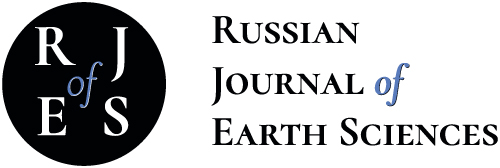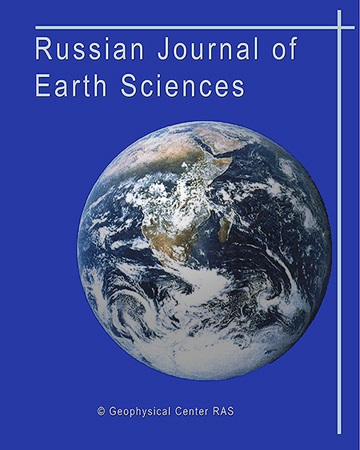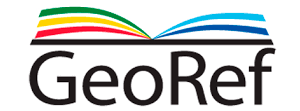There are more than 100 thousands seamounts, atolls and islands in the World Ocean.Investigation of its relief gives scientists big opportunities in exploration of ocean volcanismand underwater ore deposits. Known seamount catalogs do not give enough information formathematical analysis of spatial-time regularities in seamount distribution. In order to solvethis problem we have developed the algorithm of seamount recognition from bathymetricdata and calculation of their morphometric characteristics. GIS-technology and bathymetricdata GEBCO_2020 (http://www.gebco.net) has been used for this calculation. The study ofseamounts morphometric characteristics also has applied relevance. More than half centuryhas passed after the discovery of iron-manganese ores on the surface of underwater mountains.GIS tools have been used to analyze spatial correlation of ore-crust distribution with differentmorphometric characteristics of seamounts.
Geoinformatic, GIS-technology, oceanicvolcanism, seamount, underwater ore deposits
1. Melnikov, M. (2006), Deposits of Cobalt-Bearing Manganese Crusts, 231 pp. FGUGP GNTS “Yuzhmorgeologiya”, Gelendzhik
2. Melnikov, M., S. Pletnev, et al. (2009), New data about the morphology and the geological structure of Gramberg Guyot (Magellan Seamounts, Pacific Ocean), Pacific Geology, 28, No. 4, 105-115
3. Melnikov, M., S. Pletnev, et al. (2012), New data about the structure of the sedimentation mass of Ita Mai Tai Guyot (Magellan Seamounts, Pacific Ocean), Pacific Geology, 31, No. 3, 32-45
4. Pisarenko, V., M. Rodkin (2007), Distributions With heavy Tails: Annexes to the Analysis of Earthquakes. V: Computational Seismology, Issue 38, 240 pp. GEOS, Moscow
5. Wessel, P. (2001), Global distribution of seamounts inferred from gridded Geosat/ERS-1 altimetry, JGR, 106, No. B9, 19,431-19,441
6. Wessel, P., D. Sandwell, Kim Seung-Sep (2010), The Global Seamount Census, Oceanography. Seamounts Special Issue 3, 1, 24-32














